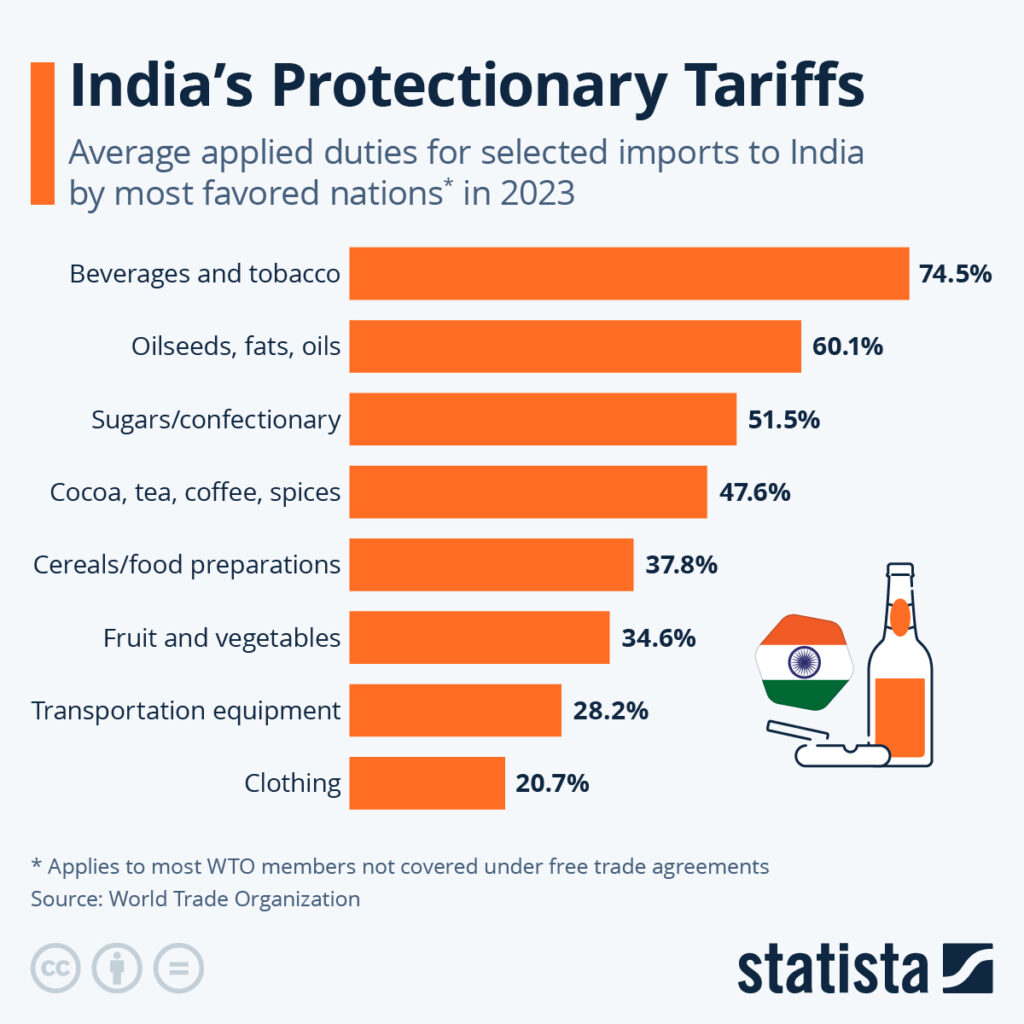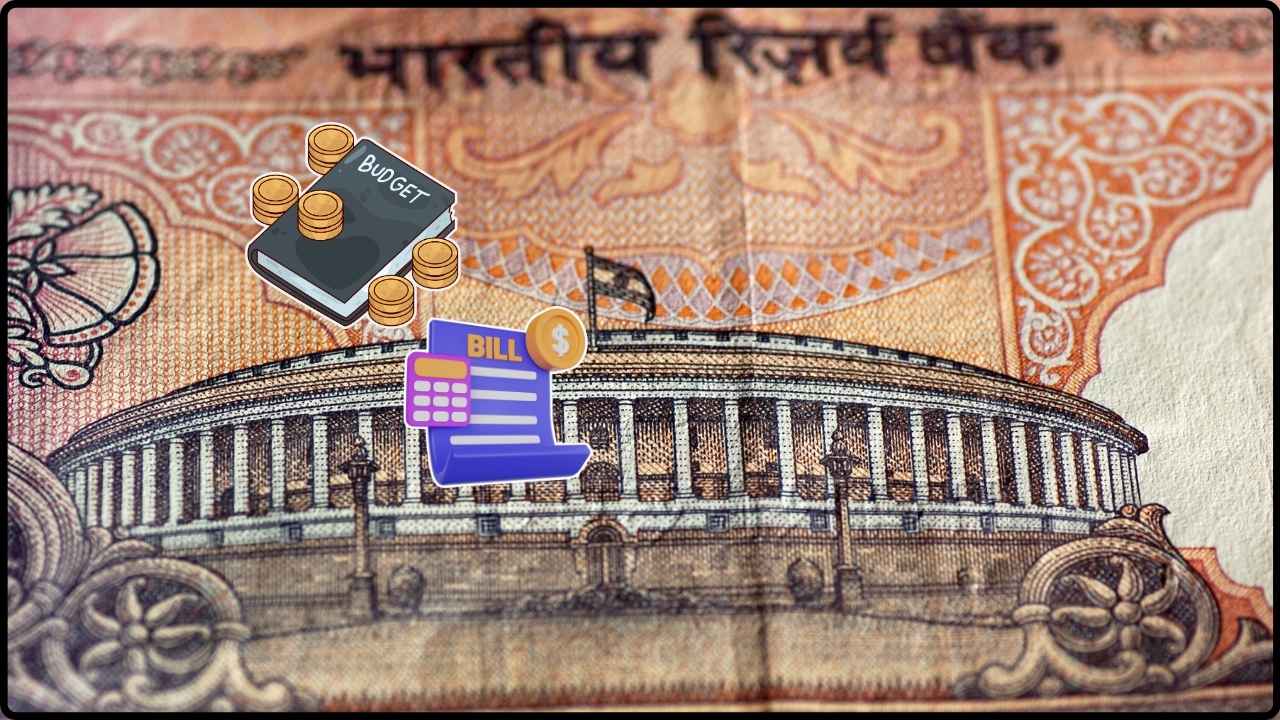Calcutta HC Upholds ₹7.98 Crore Customs Refund After Protest: In a landmark legal victory, Raymond Apparel Ltd. has successfully secured a ₹7.98 crore refund for customs duties paid under protest. This ruling, delivered by the Calcutta High Court, is a significant win for the company and has broader implications for businesses grappling with similar disputes in India’s complex customs landscape. The case also highlights the critical role of legal strategy in managing disputes over customs duties, especially for large-scale importers.
The ₹7.98 crore refund was a result of Raymond Apparel contesting customs duties paid on 174 bills of entry, which were initially imposed by the Indian government. The court’s ruling not only validated the company’s protest but also reaffirmed the validity of claims filed under protest—setting an important legal precedent for future cases. This article will provide a comprehensive breakdown of the case, its implications for businesses, and practical advice on handling similar customs disputes. Whether you’re a small business or a multinational corporation, understanding the nuances of such legal battles is essential for safeguarding your company’s financial interests.
Calcutta HC Upholds ₹7.98 Crore Customs Refund After Protest
The Calcutta High Court’s ruling in favor of Raymond Apparel underscores the importance of understanding your rights when it comes to customs duties and the refund process. By paying duties under protest, businesses retain the right to challenge potentially unfair or incorrect customs assessments, even well beyond the usual one-year deadline. This case sets an important precedent for future disputes and ensures that businesses are not penalized by arbitrary time limits. For businesses looking to navigate the intricacies of customs duties, this case offers valuable insights into how to protect your financial interests, seek refunds, and understand the legal processes involved. In an increasingly globalized world, having a clear understanding of customs laws is essential for maintaining compliance and securing your company’s financial stability.

| Key Point | Details |
|---|---|
| Refund Amount | ₹7.98 crore |
| Nature of Refund | Customs duties paid under protest on 174 bills of entry |
| Court Decision | Calcutta High Court upheld the CESTAT ruling directing the refund of ₹7.98 crore |
| Statutory Reference | No limitation period for duties paid under protest, as per Section 27 of the Customs Act |
| Interest Entitlement | Raymond Apparel Ltd. is entitled to interest from 90 days after the refund sanction date |
| Court Precedent | Court referred to cases like Mafatlal Industries Ltd. v. Union of India and Kisan Cooperative Sugar Factory Ltd. |
| Official Source | Taxscan |
Context: What Does This Case Mean for Business?
The world of international trade is complex and laden with regulations, especially when it comes to customs duties. These are the taxes businesses pay when importing goods into a country, and they can represent a significant cost—sometimes running into millions. For large companies like Raymond Apparel, ensuring that they are paying the correct amount of duty is crucial, not just for financial reasons but for maintaining compliance with the law.
Raymond Apparel’s case centers on the question of whether the company was charged more than necessary and whether they were entitled to a refund for duties paid under protest. By paying the duties under protest, Raymond was able to legally challenge the charges while maintaining its operational continuity.
After years of litigation, the Calcutta High Court sided with Raymond Apparel, ruling that the company was entitled to a refund of ₹7.98 crore, a sum that had been paid as customs duties on 174 bills of entry. This decision is crucial, as it highlights the importance of correctly following legal processes when contesting customs duties, and it ensures that businesses are not penalized by time limitations when they challenge an unfair charge.

What Was at Stake? Understanding the Legal Framework
India’s Customs Act, 1962, governs how customs duties are collected and processed. Section 27 of this Act provides a procedure for businesses to apply for a refund of duties paid. The Act generally imposes a one-year time frame for filing refund applications, but Raymond Apparel’s case highlighted an exception when payments are made under protest.
The key point of contention in this case was the question of whether the limitation period for filing refund claims applied to payments made under protest. The Calcutta High Court ruled that the limitation period does not apply to duties paid under protest, referencing earlier judgments, including Mafatlal Industries Ltd. v. Union of India and Kisan Cooperative Sugar Factory Ltd..
By ruling in favor of Raymond Apparel, the court clarified that businesses have more leeway to dispute customs duties paid, even after the one-year deadline has passed. This is a major win for businesses that may have paid excess duties or were subjected to incorrect assessments.
How Calcutta HC Upholds ₹7.98 Crore Customs Refund After Protest?
1. The Power of Protest
Raymond Apparel’s success stemmed from its decision to mark the payments as made under protest. This act was crucial in preserving the company’s right to contest the customs authorities’ decision. When duties are paid under protest, businesses essentially signal that they do not agree with the assessment, but they are paying it to avoid penalties or delays in customs clearance.
The court confirmed that the protest remained valid, which allowed Raymond Apparel to claim a refund long after the standard deadline for filing had passed.
2. The Refund Process
Once the Calcutta High Court upheld the ruling of the Customs, Excise and Service Tax Appellate Tribunal (CESTAT), Raymond Apparel became entitled to the ₹7.98 crore refund. However, the company was also entitled to receive interest on the refunded amount, which would accrue from 90 days after the refund was officially sanctioned.
This interest, although secondary to the main refund, plays an important role in compensating the company for the time value of money during the lengthy litigation process.
3. Legal Precedents
One of the most significant aspects of this case is the use of legal precedents. The court referenced earlier rulings to support its decision, specifically the cases of Mafatlal Industries Ltd. v. Union of India and Kisan Cooperative Sugar Factory Ltd. These precedents served as a basis for interpreting the Customs Act, and they helped ensure that the rights of businesses, particularly in matters of customs duties, are protected.

Key Takeaways for Businesses: How to Protect Your Interests
1. Understand Your Rights
When dealing with customs duties, understanding the nuances of the law is crucial. Companies can contest duties if they believe they were overcharged or assessed incorrectly. The protest mechanism allows businesses to challenge duties without forfeiting their right to reclaim overpaid amounts.
2. File Payments Under Protest
If you believe you’ve been incorrectly charged, it’s crucial to mark your payments as made under protest. This step preserves your ability to contest the payment, even if a significant amount of time has passed since the original payment.
3. Don’t Let Time Barriers Hold You Back
The Calcutta High Court ruling highlights that the typical one-year limitation period for filing a refund claim does not apply to payments made under protest. This ruling provides businesses with more time to contest customs assessments, potentially leading to substantial refunds for overpaid duties.
4. Consult Legal Experts
Given the complexity of customs laws, it’s advisable to consult with legal professionals who specialize in customs and international trade. They can guide your business through the process of contesting customs duties and help you understand the latest legal developments, ensuring that you protect your financial interests.
Maruti Suzuki Subsidiary Slammed With ₹86 Crore GST Penalty in Appellate Ruling
Groundbreaking High Court Ruling on GST and Expat Employee Secondments—What It Means for Businesses!
2025’s Most Important ITAT Rulings: Half-Yearly Income Tax Case Digest Reveals Critical Insights










